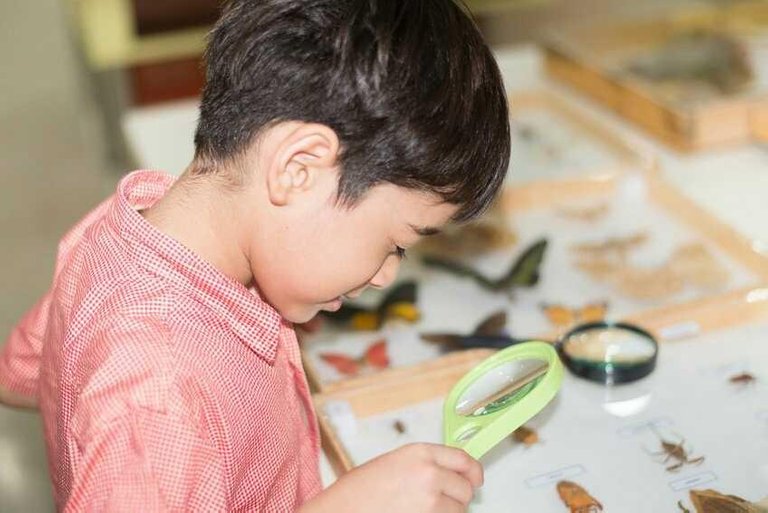
Information indicates kids who didn't partake in the exercises, run and financed by different governments, privately owned businesses and foundations, did similarly also in GCSE tests.
The STEM improvement exercises have been hurrying to urge more youngsters to create science, innovation, designing, and arithmetic (STEM) aptitudes, which are fundamental to the monetary development of the UK. There have for quite some time been concerns insufficient kids are considering these subjects, as opposed to students in different countries.
The exercises incorporate hands-on fun sessions in research facilities, educator tutoring and motivating talks for youngsters by STEM diplomats. Their goal is to give youngsters a superior comprehension of science and maths; to interface science and maths as done in the classroom to STEM done in reality; and to break the fantasy held by youngsters that STEM subjects are just for the "brainy."
Dr Pallavi Amitava Banerjee, from the University of Exeter's Graduate School of Education, utilized the National Pupil Database, government insights about each school and understudy, to survey the effect of STEM advancement plots on how well understudies performed in science. By taking a gander at five long stretches of information she found that among the 300 schools who took an interest there was no effect on maths GCSE comes about.
Dr Banerjee looked at GCSE brings about 300 state schools where all students had taken part in STEM enhancement exercises since 2007 to a comparator gathering of all other optional schools. A review of C or above in maths was viewed as a win. Comparator schools had a somewhat bring down figure of understudies doing admirably at science at to start with, yet comes about soon got up to speed with those at schools who were partaking in mediation exercises.
The comparator aggregate had a somewhat higher extent of understudies with free school suppers, and the investigation did not discover prove that STEM mediations enhanced results for less advantaged understudies.
"Obviously fulfillment is just a single sign of the achievement of these projects, yet it essential since understudies will probably keep on studying STEM subjects when they get higher evaluations. Great achievement in science is likewise a pre-imperative for admission to STEM degree courses," Dr Banerjee said.
Every one of the exercises considered as a major aspect of the examination were conveyed as after-school clubs, rivalries, or out-achieve programs, and were kept running amid Key Stage 3 and 4. Exercises keep running by ten suppliers were considered for the investigation, and kids remove a portion from the earliest starting point of year 7 until the point that they took their GCSEs. Eight of these were government associations, one was an instructive philanthropy, and one got open financing.
National Pupil Database information from 2007 to 2011/12 for GCSEs and 2013/14 for A-levels was utilized as a part of the investigation. Every single exceptional school, understudy referral units, and autonomous schools were avoided from the examination. State kept up schools included were institutes, city innovation universities, willful helped, intentional controlled, and establishment schools.
Dr Banerjee stated: "express that these advancement exercises can be awesome, however the investigation did not locate an immediate effect on comes about and additionally research ought to be done to discover why."